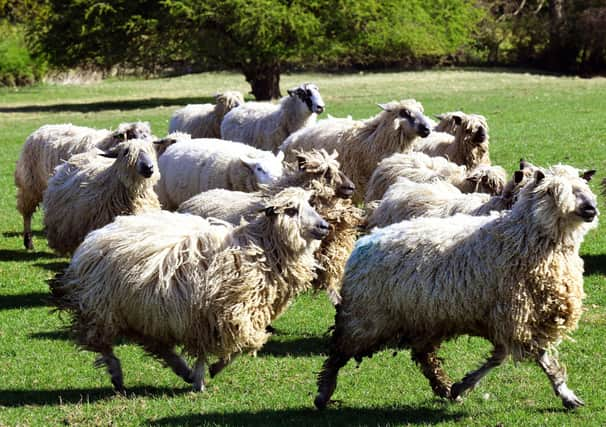FARMING:


Firstly, there are different types of nurses in a practice, set apart by their qualifications and often distinguished by the colour of their uniforms: Registered Veterinary Nurses (RVN) have completed either a diploma or a degree and will wear a dark green uniform, they are registered with the Royal College of Veterinary Surgeons; Student Veterinary Nurses (SVN) are in-training and working towards their qualification and wear a green striped uniform; nursing assistants can wear various colours and do not have to have specific a specific qualification but can complete various courses to gain qualifications such as Veterinary Care Assistant (VCAs). RVNs can also undertake further training after they qualify, through a diploma course which usually takes two years, to become a recognised specialist in their area of choice and earn the additional post nominal Dip AVN (Small Animal).
How do you train to be a veterinary nurse? There are multiple ways to train to be a nurse- through a degree or a diploma course, at college or university. These courses are vocational, requiring a training practice where you are able to learn the vast range of skills through exposure to clinical cases. This means not only hard work and determination but also hours of practical training. The whole process takes between two and four years.
Advertisement
Hide AdAdvertisement
Hide AdWhat do our nurses do in practice? I think a better question would what do they not do. Nurses have a huge range of skills and roles that are put to the test on a daily basis. As well as the expected
‘nursing’ duties of administering medications and fluids, monitoring and caring for critically ill patients and acting as our anaesthetists, nurses may also run specialist clinics focussing on specific aspects of your pets’ heath such as weight loss, diabetes management and wound care. Registered veterinary nurses are able to carry out minor surgical procedures, take X-rays under veterinary direction and carry out many of our in house laboratory tests. Our nurses clean and sterilise our surgical kits, they ensure the shelves are stocked with enough medicines and they keep the place looking tidy! In our farm department, they clean and service our equipment so that it is ready and available at a moment’s notice, for emergency calls. I am sure I have missed out something! Our
nurses keep us organised and running as a well-oiled machine.
On top of all their official duties, nurses are often some of the kindest and most caring people in a practice. They keep you going during those stressful 2am operations or through a long, busy weekend. They will bring you a cup of tea or a biscuit if you’re having an awful day. They are often a shoulder to cry on and sometimes that is exactly what we need.
Nurses really are an integral part of any veterinary practice and we would not be able to be the vets that we are without them. So thank you.